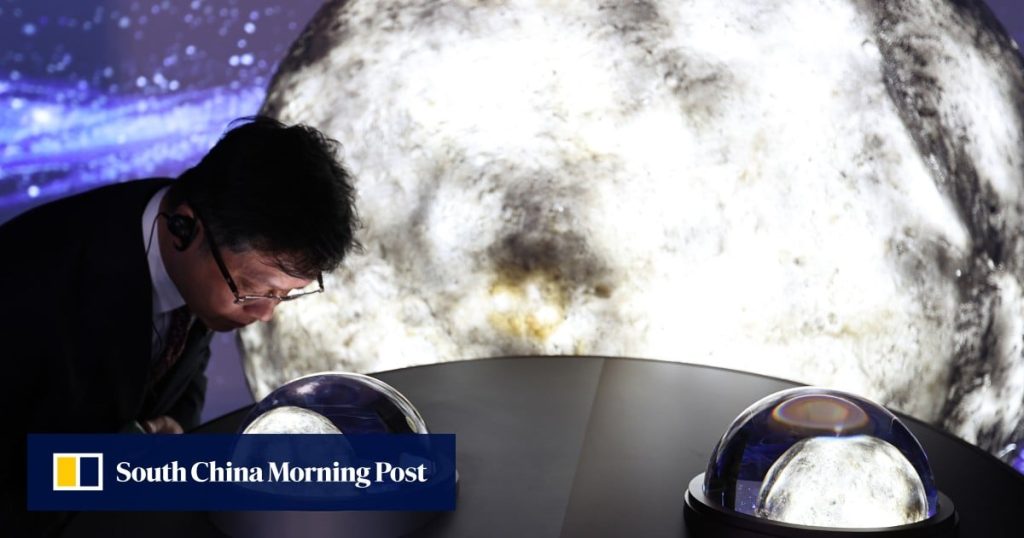American scientists are eager to get their hands on China’s Chang’e-5 moon samples – but they will not be allowed to use Nasa funding to study them.
Earlier this month, planetary scientist Timothy Glotch of Stony Brook University was selected by the China National Space Administration (CNSA) to receive a rare set of specimens collected by China’s lunar sample return mission in 2020.
Glotch told the South China Morning Post he hoped to compare properties of the soil and rock samples to Apollo-era rocks. His goal was to help answer long-standing questions about the moon’s volcanic past, diverse surface materials and how they have been altered by billions of years in space.
But unlike most US research involving lunar samples, his project will not be supported by Nasa. The reason is the Wolf Amendment, a congressional restriction that bars Nasa and its grantees from direct cooperation with Chinese government entities like CNSA.

“I’m grateful to my institution for providing funds for me to travel to China and to my research collaborators’ institutions to carry out our proposed work,” Glotch said.
While the process is still in its early stages, he will collaborate with scientists from the University of Hong Kong and San Francisco State University to analyse the samples. Stony Brook’s officials must still sign the loan agreement with CNSA before the samples can be shipped, Glotch added.


